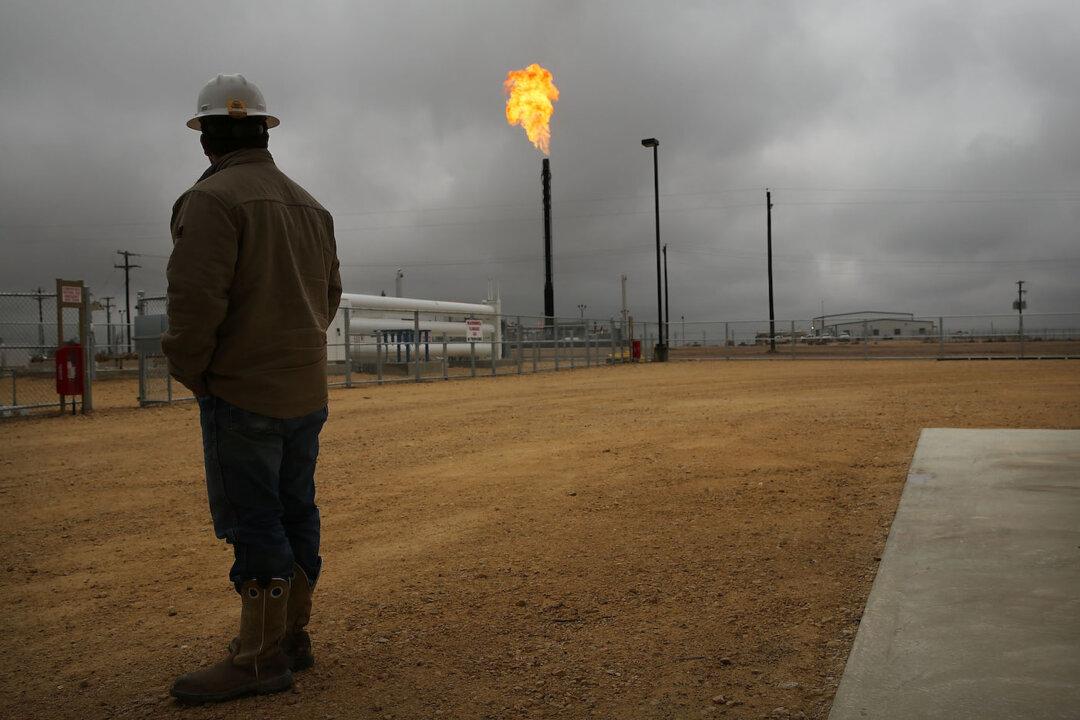Jobs related to oil and gas in Texas have seen the biggest monthly increase in a decade, and the second-highest increase in at least 32 years, the Texas Oil and Gas Association (TXOGA) said citing data from the Texas Workforce Commission.
Upstream oil and gas jobs in the state grew by 5,100 in February 2022 compared to a month earlier. The previous highest growth was 5,600 jobs added in June 2011. On a yearly basis, the 181,900 upstream jobs in February 2022 are up by 12.8 percent from February 2021, an increase of 20,700 jobs, the association said in a March 25 press release.





